In one of the more politically themed activities in recent (YES-DC) history, two great lecturers shared their ideas on the political/ideological distortion of climate science. In a world where the effects of our changing climate are becoming more apparent with every passing year, getting the climate science right is surely a topic worthy of discussion. Most of us should be familiar by now with the connection between energy use and climate change, but sadly there are strong forces at play who would have you think that climate change is a hoax, without scientific basis, or simply irrelevant (or any combination of these three).
In the first part of our evening, Bart Verheggen explained the basics of climate science: what we know and how we know it. Bart is a climate scientist at ECN, but also runs a
blog with which he is quite active within the international climate blogging community. He notes early on how much difference there is between the public’s perception (where a lot of doubt still lingers) and the actual status within the scientific community (with a strong consensus on the causes of global warming). Especially impressive are some quotes from almost hundred years ago, quite clearly warning us to the possible dangers of carbon dioxide emissions. A take home message for me personally was the realization that the effects of carbon dioxide have a long, slow, yet steady buildup, and action to be taken is analogous to a large sea vessel that needs a course change a long, long time before arrival.
Jan Paul van Soest opened the second part and focused specifically on the political and ideological background of climate change skepticism. Jan Paul has a long track record of advising and consulting on sustainability issues, and was nr. 30 in Trouw’s sustainability ranking. Although his lecture quickly moved towards a discussion between those present, the main point of Jan Paul remains clear: climate change skepticism is fueled by a combination of libertarian ideology and influences from vested interest groups. Trying to replicate Jan Paul’s thoughts on this matter would probably do him no justice, and I would rather urge you all to read his
essay. Of specific interest was the influence of philosopher Ayn Rand who has played a big role in shaping modern libertarian thought, although it was debated whether or not it would be a good thing to read her book!
Reflecting on this evening, I thought it was very nice to have had quite a diverse group of people present, all being able to comment from their own perspective.
Hope to see you all again next time, and plead don’t hesitate to share your thoughts!

